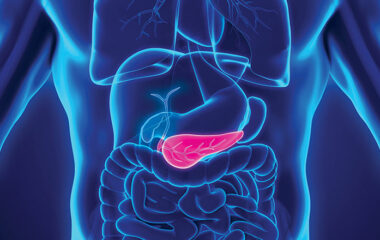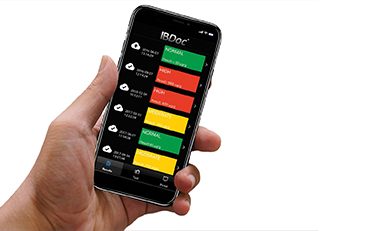- [email protected]
- +44 (0) 23 8048 3000
Faecal Calprotectin – Ask Twice
- Date: July 4, 2023
 Dr Peter Rimmer, The Queen Elizabeth Hospital, Birmingham
Dr Peter Rimmer, The Queen Elizabeth Hospital, Birmingham
We are all very familiar with the use of faecal calprotectin testing to help distinguish inflammatory bowel disease (IBD) from functional disorders, and it has become a staple tool to support the clinical teams in their diagnosis and management of patients. If a negative faecal calprotectin result is obtained the cause of a patient’s symptoms is unlikely to be IBD However, calprotectin is a non-specific marker for inflammation, and so a high result may be due to something other than IBD.
The literature highlights numerous other situations that can cause (usually transient) increases in the calprotectin concentration found in stool samples, for example:
– Use of certain medication e.g. NSAIDs, proton pump inhibitors
– Diverticulitis
– Infections e.g. Salmonella, Campylobacter
– Stomach/duodenal ulcers
– Excessive alcohol
– Cancer
Basically, anything that causes an irritation/ inflammatory response in the digestive system (mouth to anus) can cause an increase in calprotectin concentrations. Whereas a negative calprotectin is a good rule out for IBD, a positive calprotectin result isn’t necessarily a cause for instant
referral to secondary care.
The Queen Elizabeth Hospital in Birmingham introduced a rapid access ‘Inception IBD’ clinic based on symptoms and a raised faecal calprotectin test. Dr Peter Rimmer presented their findings and some proposed changes to the pathway at the European Crohn’s and Colitis Organisation (ECCO) conference in Copenhagen earlier this year:



